Wyoming lawmakers are weighing new ways to support K-12 educators as teachers report increased challenges in the classroom, from larger class sizes to a rise in behavioral health concerns among students, Gillette News Record reports.
During a recent Joint Education Committee meeting, educators urged the Legislature to consider policy changes—including a possible Teacher Bill of Rights—to address what they describe as a growing crisis in the state’s public schools.
Educators told lawmakers that today’s classroom environment is significantly different from what it was 15 years ago, particularly in the wake of the COVID-19 pandemic. Teachers are now managing larger groups of students, many of whom struggle with behavioral and mental health issues, all while navigating rigorous testing standards. These mounting pressures are contributing to high levels of stress and teacher resignations.
Kim Amen, president of the Wyoming Education Association (WEA), shared the experience of a first-grade teacher in Cheyenne who resigned after a challenging school year. The teacher had a class of 23 students, several with behavioral issues, and no additional classroom support. One student frequently disrupted the class by leaving the room, damaging property, and attempting to flee the school building.
“She said, ‘I can’t do this anymore. It’s not helping my mental health. I’m not a good mom, I’m not a good wife. I can’t keep doing this,'” Amen recounted.
Amen emphasized that smaller class sizes would allow teachers to form better relationships with students and offer more effective instruction. She noted that the scenario described was not an isolated case, but rather part of a broader pattern seen across the state.
Educators also pointed to increased exposure to social media platforms like YouTube and TikTok as contributing to changes in student behavior and attention spans. As these dynamics evolve, educators argue that the state must reassess how it supports teachers.
Lawmakers responded with questions about what specific role the state should play. Some members of the committee raised the idea of drafting a Teacher Bill of Rights—legislation that would outline rights and working conditions for educators. While the concept has been implemented in other states, it remains a relatively abstract proposal in Wyoming.
Rep. Ocean Andrew, R-Laramie, expressed interest in the idea but stressed the need for more detailed guidance:
“If we are going to ask our staff to draft something, we probably need more specific suggestions of what the actual lines of statute would look like.”
Amen and WEA Governmental Relations Director Tate Mullen said they support the concept, provided it’s developed in a way that helps teachers without compromising student needs.
“We want to keep (teachers) in the profession, but we also want to make sure that we’re not giving up on students,” Mullen said.
Amen outlined several suggestions to alleviate stress for teachers, with a primary focus on reducing class sizes. She also advocated for increased flexibility in lesson planning and less emphasis on standardized testing. Currently, educators are under pressure to prepare students for WY-TOPP, a statewide proficiency assessment.
Some lawmakers questioned how learning progress could be measured without standardized tests. Sen. Chris Rothfuss, D-Laramie, cautioned against over-quantifying student experience:
“Honestly, if we started measuring their joy, they’ll stop being joyful.”
Others, like Rep. Tom Kelly, R-Sheridan, asked whether the state could make funding or statutory changes to give school districts more autonomy and flexibility. Amen responded that ongoing discussions at the State Board of Education aim to reduce state standards but acknowledged the challenge of deciding which responsibilities to remove.
“We have to take some things off the plate, but we don’t know which ones,” she said.
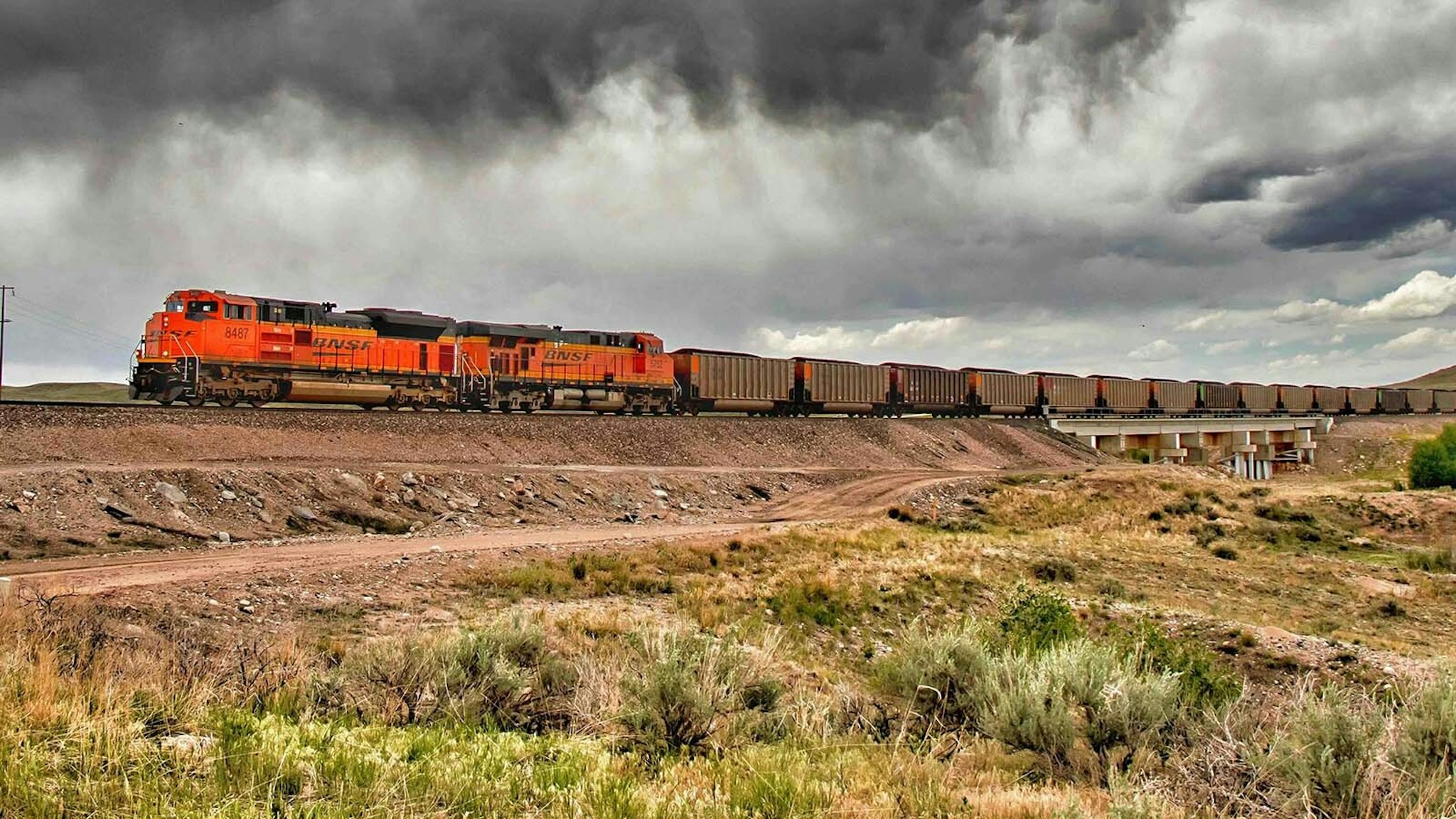
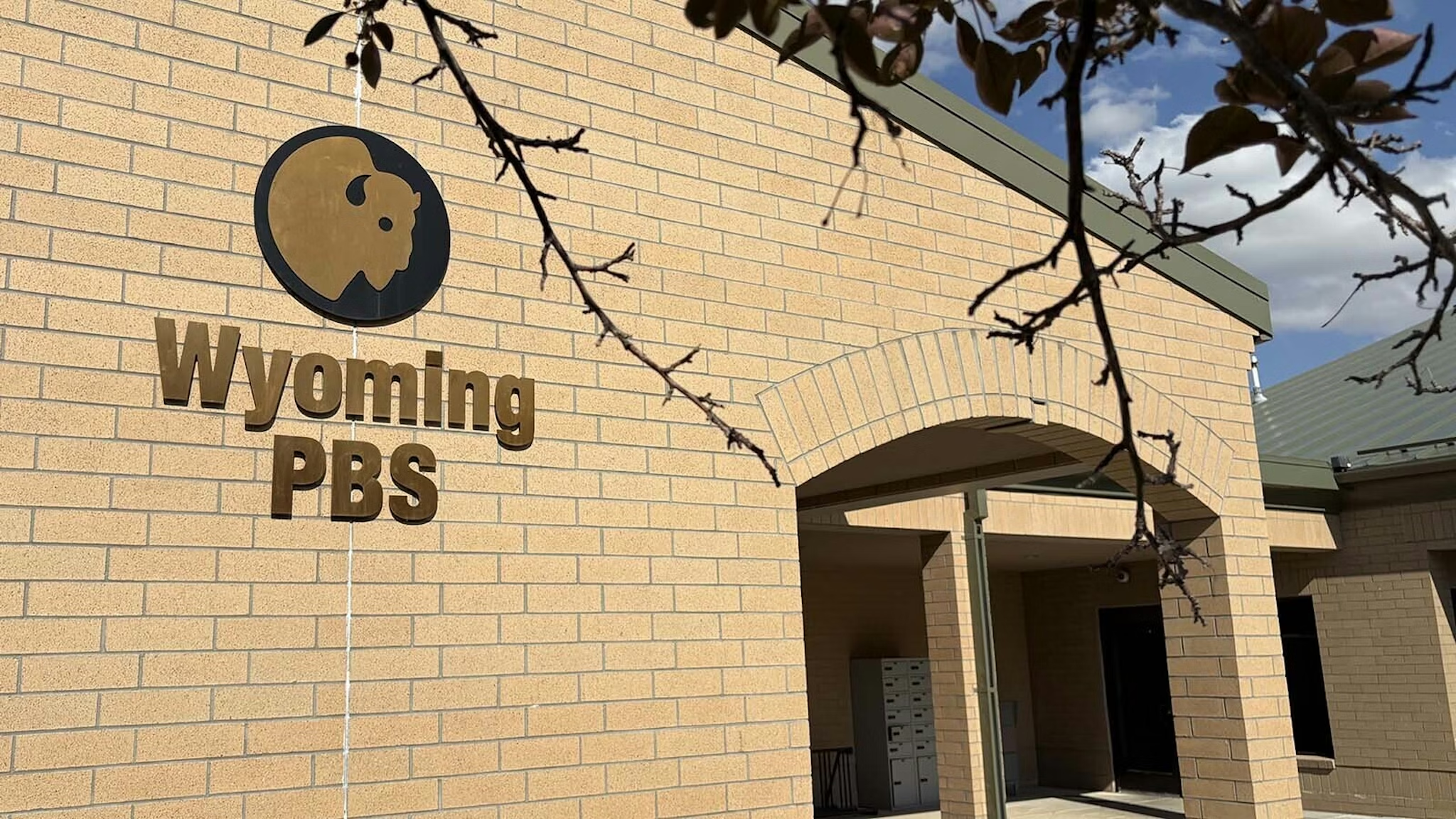

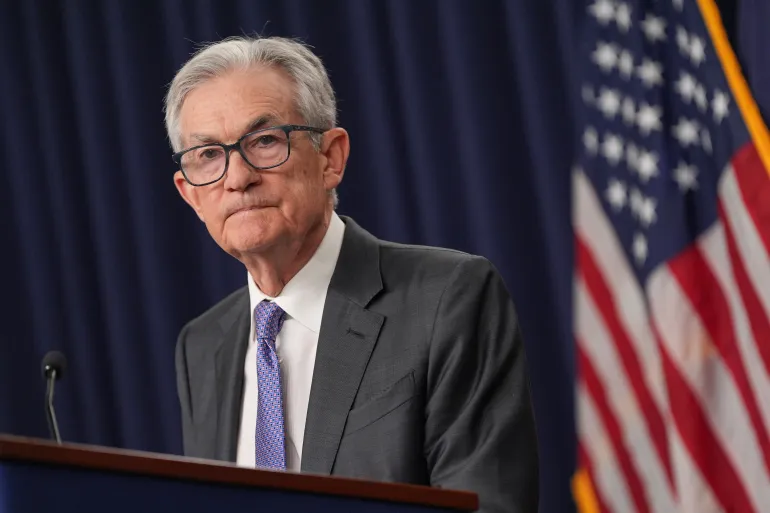
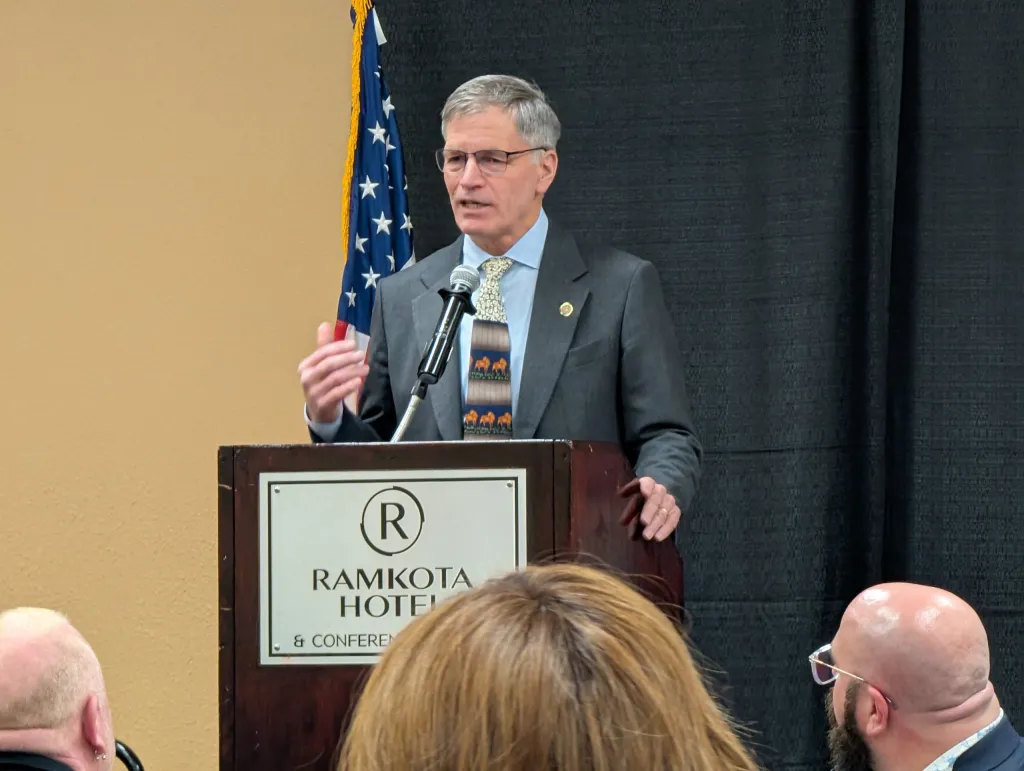
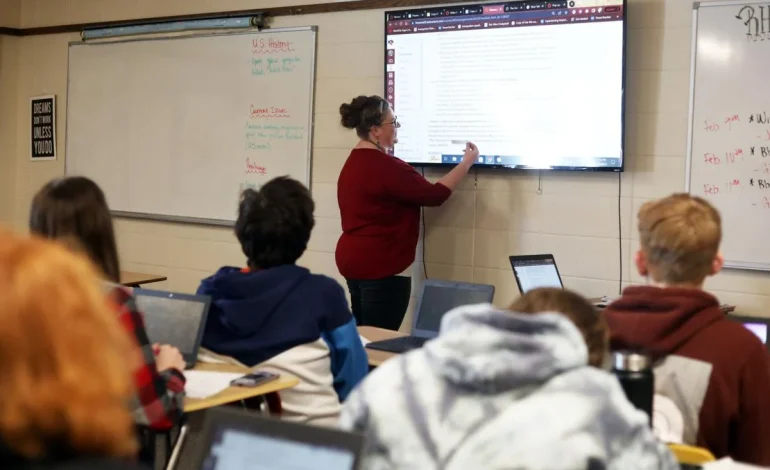




The latest news in your social feeds
Subscribe to our social media platforms to stay tuned